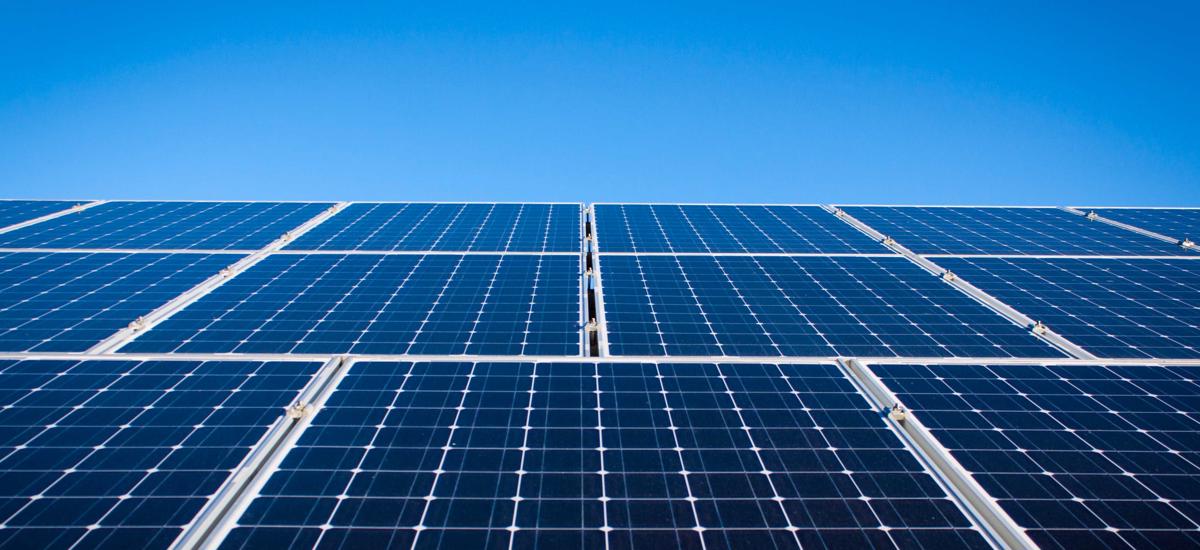
Image: Centrica.
The British Army has hailed the installation of a 2.3MW photovoltaic solar farm at its Defence School of Transport (DST), Leconfield.
Delivered by Centrica Business Solutions, it is the first of four pilot sites being installed as part of Project PROMETHEUS, which collectively are designed to deliver £1 million in efficiency savings.
The DST site spans four hectares and consists of 4,248 Trina Vertex panels that are expected to supply a third of the electricity needs at the school.
Project PROMETHEUS will help support the Army’s target of net zero by 2045, reducing emissions by 2,000 tCO2e. It was announced back in 2019, with Public Power Solutions then outlining plans to build a 1.4MWp subsidy-free solar farm at the Duke of Gloucester Barrack in partnership with the Ministry of Defence.
Major General David Southall, director basing and infrastructure and the Army’s sustainability champion, said they remain “wholly committed” to playing their part in the UK’s commitment to net zero, and are “working hard to reduce energy demand as well as increase ‘green’ supply across our estate”.
“Project PROMETHEUS is an exciting pilot which will showcase renewable energy generation across the Army estate. When operational, we will learn from our four pilot sites and scale-up fast across the wider Army estate to help decarbonise the power we use.”
The Leconfield installation is the Army’s first solar site, it said. It follows the government abandoning plans to install 1GW of solar on its estate in 2018, following cuts to subsidies it enacted. It was shuttered when just 100MW of solar had been installed across two airfields owned by the Ministry of Defence.
Bradenstoke Solar Farm, built at RAF Lyneham, and Swindon Solar Farm, built at RAF Wroughton both saw ~50MW AC ground-mount installations under the scheme before it was quietly closed.
Following on from the DST installation, Project PROMETHUS will see solar installed at the Duke of Gloucester Barracks, South Cerney, Gloucestershire, as well as Rock Barracks, Suffolk and Baker Barracks on Thorney Island, Sussex. All of these are expected to be completed by the summer.
Beyond the pilot project, the Army has aspirations to deliver around 80 solar farms across its estate over the next seven years.
It is running a number of other sustainable initiatives, including Project TAURUS, which saw a solar carport with electric car charging and battery storage built at the British Army Headquarters. The second phase of this project will see six further solar carports installed across Britain.
Project KELPIE is a pilot scheme looking at thermal battery storage, and Project ROMULUS is looking to develop a ‘digital twin’ system for managing buildings' carbon footprints, along with initiatives such as buildings Efficiency Management Systems and near Zero Energy Buildings, which are looking to making the estate more sustainable.
Greg Mckenna, managing director of Centrica Business Solutions, said they were proud to support the Army in its “ambitious sustainability programme”.
“It is incumbent on organisations big and small to show leadership in meeting net zero, and the army is doing just that,” he continued.
“Large scale solar projects like this can create significant cost and carbon savings, helping customers accelerate their transition to a sustainable future.”

